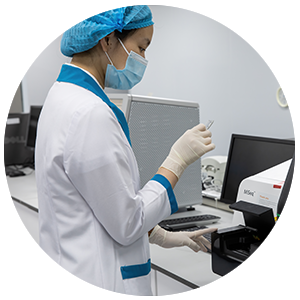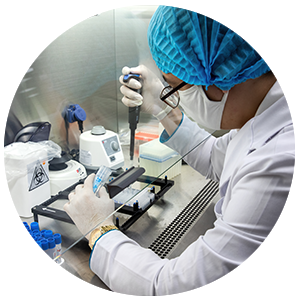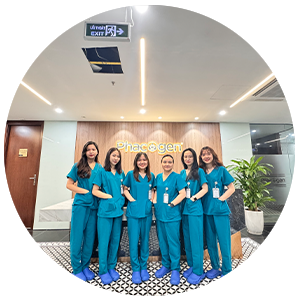New methods are urgently needed to develop new antibiotics. Now, scientists have developed a way to manipulate key assembly line enzymes in bacteria, using CRISPR-Cas9 gene editing, which could pave the way for the production of a generation of complex new antibiotics.
Reengineering the biosynthetic assembly lines that include nonribosomal peptide synthetases (NRPS) and related megasynthase enzymes, could offer a powerful new route for developing future drugs to combat resistance. medicine.
.
This work was published in the journal Nature Communications with the title: “Gene editing enables rapid engineering of complex antibiotic assembly lines.”
.
“The emergence of antibiotic-resistant pathogens is one of the biggest threats we face,” said Jason Micklefield, PhD, professor of biology and chemistry at the Manchester Institute of Biotechnology in the UK. face today. The method we developed is an efficient and rapid way to make enzymes in complex assembly lines to create new antibiotic structures with potentially improved properties.”
.
The UK government says that infections caused by antibiotic resistance (AMR) are estimated to cause 700,000 deaths each year globally and are predicted to rise to 10 million, costing the global economy $100 trillion. dollars by 2050. ARM also threatens many of the United Nations Sustainable Development Goals (SDGs), with an additional 28 million people likely to be pushed into extreme poverty by 2050 unless AMR is curbed.
.
The new paper describes how CRISPR-Cas9 gene editing can be used to create new NRPS enzymes that deliver clinically important antibiotics. More specifically, CRISPR-Cas9 gene editing can be exploited to rapidly engineer one of the most complex megasynthase assembly lines in nature — the 2.0 MDa NRPS enzymes that deliver the lipopeptide antibiotic enduracidin.
.
In this study, gene editing was used to alter subdomains in NRPS, altering substrate selectivity, resulting in ten new lipopeptide variants in good yields. NRPS enzymes are factories that produce natural antibiotics such as penicillin. However, until now, manipulating these complex enzymes to create new and more effective antibiotics has remained a major challenge.
.
Microorganisms in our environment, such as bacteria living in soil, have evolved NRPS to assemble amino acids into peptides that often have very strong antibiotic activity. Many of the most important therapeutic antibiotics, used in the clinic today (penicillin, vancomycin and daptomycin), are derived from these NRPS enzymes.
.
Unfortunately, pathogens continue to emerge that are resistant to currently available antibiotics. One solution could be to create new antibiotics with improved properties that can circumvent pathogens' antibiotic resistance mechanisms. However, nonribosomal peptide antibiotics have a very complex structure, making them difficult and expensive to produce using conventional chemical methods. To solve this problem, the team in Manchester used gene editing to design NRPS enzymes, swapping out domains that recognize different amino acid structures, leading to new assembly lines that can deliver new peptide products.
.
Researchers say the gene editing process could be used to produce improved antibiotics and could lead to the development of new treatments to help fight drug-resistant pathogens and diseases in the future.
.
“We can now use gene editing to introduce targeted changes to complex NRPS enzymes that introduce alternative amino acid precursors into the peptide structure,” Micklefield added. We are optimistic that our new approach can lead to new ways to produce improved antibiotics that are essential to combat new drug-resistant pathogens.”
.
Translator: Thanh Long – Phacogen Institute of Technology,
Bachelor of Biotechnology - University of Natural Sciences - Hanoi National University
Source of article: https://www.genengnews.com/news/crispr-engineers-a-new-path-for-antibiotic-production/





